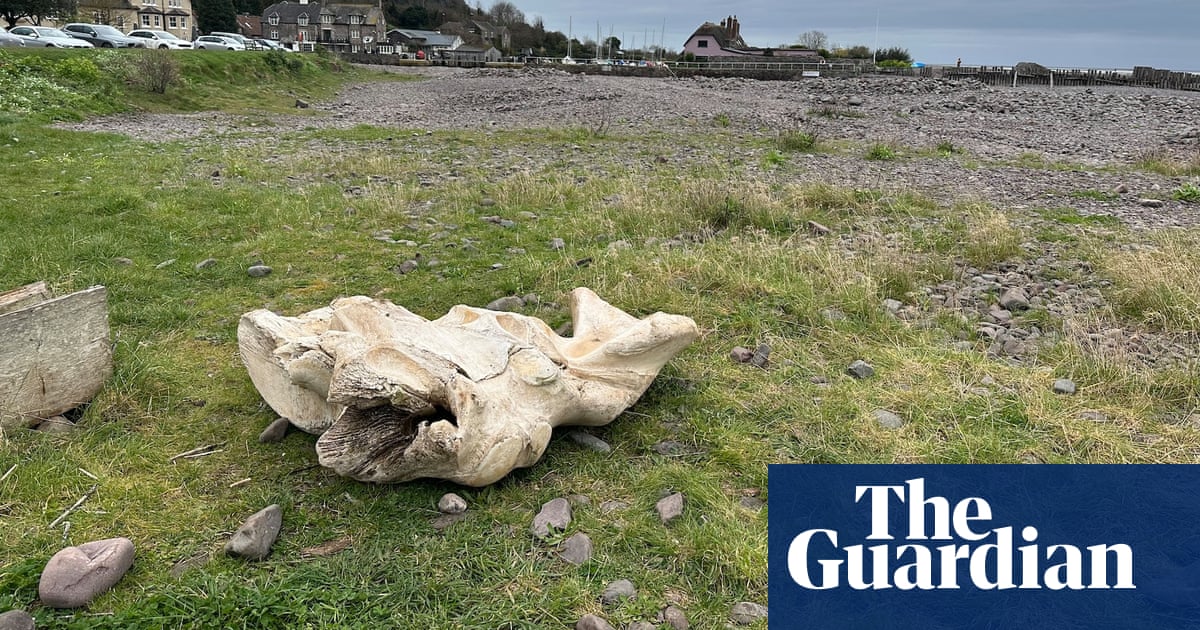
Gambia, known for its pristine beaches, Atlantic coastline and being the ancestral home of Kunte Kinte, recently made global headlines for the most unexpected of reasons.
After pioneering legal action against Myanmar at the International Court of Justice (ICJ) under the genocide convention, the African nation managed to secure a unanimous decision from the usually conservative 17 judges that the Rohingya in Myanmar face a real and credible threat of genocide.
The ICJ provisional ruling is not a determination of genocide, but a clear warning to Myanmar that the world’s court has them in its sights and they must do everything possible to protect the remaining Rohingya in Rakhine state.
For many Africa watchers much of this is no surprise. Gambia has a strong history of human rights dating back to the 1970s when President Dawda Jawara led efforts to develop a human rights commission for the whole of Africa.
What emerged after much politicking between Organization of African Unity countries was the African Charter on Human and People’s Rights, with its head office in Banjul, Gambia’s capital. But after Jawara was overthrown in a military coup in 1994, Gambia endured decades where human rights took a back seat to corruption and abuse of power. The coup architect, President Yahya Jameh, was eventually forced into exile in 2017. So Gambia, it could be argued, is now simply returning to its roots as a national, continental and global human rights defender.
Seen in that light, it is not so surprising that the ICJ effort was led by Gambia’s Attorney General, Abubacarr Marie Tambadou, and the Gambian Ministry of Justice, thus setting a new precedent in international relations, whereby a state takes another state before the court for a breach of the genocide convention.
This is not mere politicking, or posturing by a random country trying to elevate its international profile and reconnect with a long-lost nostalgic past. Tambadou is a respected international jurist on questions of genocide, and has served as special assistant to the prosecutor at the International Criminal Tribunal for Rwanda. Through its action, Gambia, as a member of the Organization of Islamic Cooperation (OIC), has bounced the rest of the OIC into finally speaking up in defense of their fellow Muslim Rohingyas.
This is a welcome development and an example for everyone. Despite having its own humanitarian issues during its post-colonial past, with military coups and decades of despotic rule, Gambia re-embraced the principles and values of international humanitarianism, and this firm commitment can be expected to have meaningful consequences for the country’s political culture.
It is beneficial to the Rohingya that the international community is finally starting to take note of their situation, just as public opinion toward them in countries where they sought refuge (principally Bangladesh) is beginning to harden. And in a world where the international rules-based system seems to be unraveling, the fact that such a robust defense of international human rights law is emerging from an unexpected quarter may yet signify the dawn of a renaissance of humanitarian ideals worldwide.
However, the wheels of global justice move slowly. With Gambia having done the heavy lifting in securing the ICJ ruling, the obligation fell on the UN Security Council to enforce the court’s decision. Unfortunately, as has become characteristic of the UN, it was unable to rise to the occasion with both China and Vietnam objecting to any statement obligating Myanmar to comply. How the UN responds after the court’s four-month deadline for Myanmar to report back to the ICJ will show just how far the UN system has deteriorated.
Nevertheless, we can expect Gambia to file a full accusation of genocide at the ICJ, which requires extensive evidence and can take years to conclude. Groups such as the Rohingya Legal Forum, which I lead within the Center for Policy Research think tank in Washington, D.C., will have an important role if the ICJ is to make an actual determination of genocide.
Members of the forum have extensive experience in international humanitarian crises, and most have been following the Rohingya situation in Myanmar for years before the “clearing operations” began in 2017. We knew then that a genocide was in the making (I published a book warning of the impeding disaster), and we knew that if the international community failed to intervene to prevent it, we would need to be there to document what was happening to the legal standards required to bring before a court of international law.
We stand ready to provide any party with evidence collected on the ground, as well as legal analysis by our jurists, and we believe that the international legal system is likely, on this occasion, to prove itself up to the task of holding Myanmar to account for genocide.
Dr. Azeem Ibrahim is the Director of the Displacement and Migration Program at the Center for Global Policy in Washington, D.C., where he Chairs the Rohingya Legal Forum. He is also author of “Rohingya: Inside Myanmar’s Genocide” (Hurst 2017). Twitter: @AzeemIbrahim












